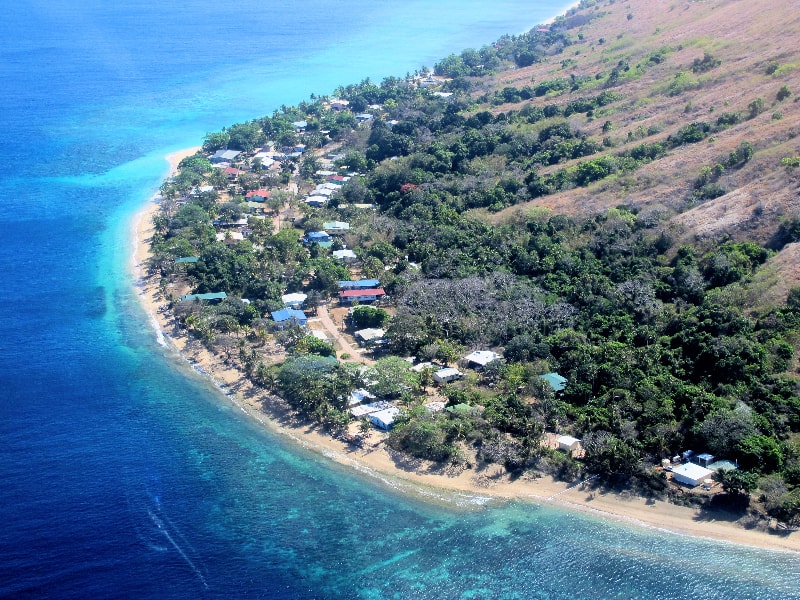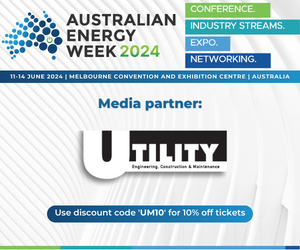Mer Island in the Torres Strait had access to water for only 3–6 hours a day, with the network highly volatile and losses significant.
The community water supply on Mer Island, home to 500 people at the very northern end of the Great Barrier Reef, had long been insufficient, with the existing infrastructure not meeting demand and difficult to operate and maintain.
Options to provide additional capacity had been exhausted, and a proactive approach to preventing water loss was urgently required in order to scale up supply while meeting local logistical challenges.
To achieve a rapid reduction in disruptions and establish ongoing, reliable supply, Detection Services opted for NeoFlow pressure regulating valves from GF Piping Systems.
Detection Services, responsible for pipeline inspection and analysis, chose the regulating valves to equip new pressure supply zones, which could be installed by local operations teams following online training.
The polymer valves are naturally corrosion-free, offering long-term stability. Featuring an axial flow design using only three primary components – with neither an actuator stem nor diaphragm included – and only one moving part, maintenance and troubleshooting is simple.

NeoFlow Pressure Regulating Valve. Image: GF Piping Systems
NeoFlow’s compact dimensions, three times more compact than a standard metal PRV, allow easy retrofitting even in confined spaces.
Installation is quick and easy: the valve is simply inserted between two flanges with threaded rods and bolts to close the body. The saved space can be used to install measuring equipment or water quality sensors without modifying other components.
NeoFlow valves represent an environmentally friendly solution that reduces maintenance costs, increases reliability even in conditions of extreme flow rates and ensures excellent efficiency over time. The two new pressure supply zones, featuring NeoFlow pressure regulating valves, formed a basis for advanced pressure controllers.
Once the system was up and running, the network could immediately operate at the calibrated target pressure, with volatility a thing of the past.
Within the next 4–6 weeks, levels at the rainwater catchment and water storage lagoons reached nearly 100 per cent.
Expensive and energy-hungry portable desalination units could be switched off, and now the community has access to round-the-clock water for the first time in 20 years.
Sign up to learn more about how GF Piping Systems meets water challenges, and to view the next episode in the webcast series Solving Water Loss: www.gfps.com/solvingwaterlossseries
This is a sponsored editorial brought to you by Georg Fischer Piping Systems, for more on how to improve network efficiency with NeoFlow pressure regulating valves, visit: www.gfps.com/neoflow
















